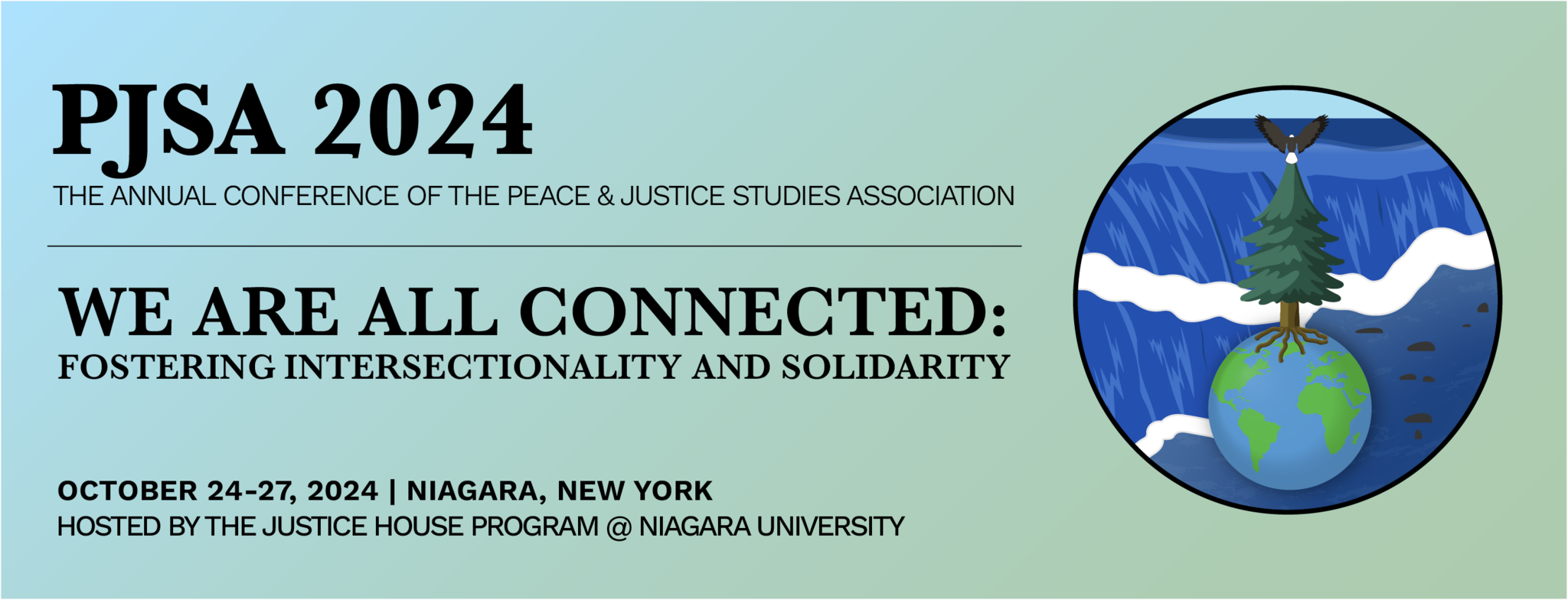The conference team has organized several optional pre-conference trainings to occur October 24, 2024, one day prior to the ‘main conference.’ The cost to engage in the pre-conference day of training is $100, which includes training and food and TWO sessions, one in the morning (10-12 pm) and one in the afternoon (1-3 pm). Spots are limited.
The pre-conference ticket includes a Love Canal Tour with Luella Kenny (3:30 – 5:30pm) with shuttles available from Bailo Hall [9501 Colvin Blvd., NF].
Pre-conference reservations can be made through Eventbrite. To book, click ‘Get Tickets’, and scroll down to ‘Add-ons’, and make your purchase. During the Summer, our organizing team will reach out and determine your preference for the morning and afternoon sessions.
October 24, 2024
Morning Sessions, 10:00 – 12:00 pm:
- “Freedom of Information as Activism: Getting Government Files and Using them Against the System”
- Covers the nuts and bolts of state and federal level Freedom of Information and open records laws; walks through examples of how these tools have been used to further the parole of a Black Panther Party member and stifle an FBI attempt to frame a radical bookstore on terrorism.
- Offered by Leslie Pickering and Michael Kuzman, Esq.
- Location: Glynn 405/406
- “Justice Through Art: Exploring our values and perceptions”
- Use the galleries of the Castellani Art Museum to explore how art and its curation, display, and interpretation can reflect artists, communities, and viewers. Participate in discussion- and viewing-based activities that examine personal perspectives, empathy, values, ethics, and power dynamics. Consider how you may use or modify these activities for learners and take home a few related readings, videos, and worksheets to further grapple with these important questions.
- Offered by Ellen Owens
- Location: Castellani Art Museum
Afternoon Sessions, 1:00 – 3:00 pm:
- “What we do to Nature, We do to Ourselves”
- Our cultural and societal norms, which are reflected in our laws, policies and language, separate humans from the natural world (nature). We have been taught that humans are superior to nature, separate from nature and that our role is to manage nature. This is evident in our environmental policies and laws which regulate instead of prohibit harms to nature. Our regulatory model permits and legalizes regulated amounts of toxins, poisons and destruction of nature and causes all to believe that we are somehow protected or shielded from exposure or harm because of these laws and policies. We notice or pay attention when a spill or explosion or other disaster happens and immediately we look to place blame and hold someone else accountable. We have a reactionary approach to protecting nature instead of a precautionary approach, which maybe should be expanded to include some difficult self reflection. The Rights of Nature Movement is one possible legal approach to changing laws and policies but its greater contribution may be its impact on our thinking and opening up the possibility for conversations about our interconnectedness with nature, which can facilitate the cultural shift that needs to happen in order for law and policy to change. In this workshop we will share almost 3 decades of experience attempting to protect nature through law and how our thinking has evolved to recognize the greater cultural shifts that will be required. As lawyers, organizers and activists, we have had to be truthful with ourselves about our work, reckon with those truths about how the system really operates and what was our role in shaping those outcomes. That has led us to have hard conversations about how do we get in right relationship with both nature, our communities and eventually the system of law and governance to protect nature, of which we are all a part of.
- Offered by Tish O’Dell of the Community Environmental Legal Defense Fund
- Location: Bisgrove 350/351
- “Shields Up, Risks Down: Digital self-defense and threat modeling for today’s activists”
- Through utilizing the methodology of Threat Modeling, attendees will be challenged to identify, map, and rank threats, risks, and dangers faced by contemporary organizers, academics, and activists. We will review both preventative digital hygiene practices and operational security basics, including virtual private networks, encryption, identity separation, and secure storage.
- Offered by Michael Loadenthal
- Location: Glynn 405/406


